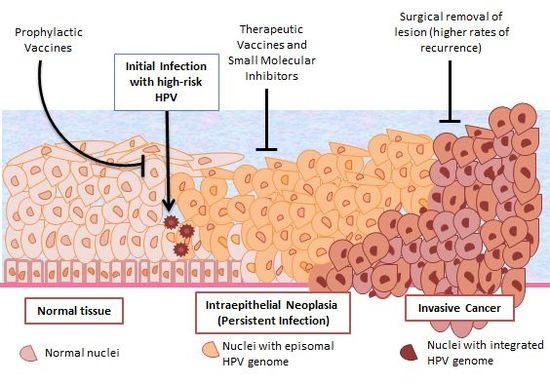Human Papillomavirus (HPV)

What is human papillomavirus (HPV)?
Human papillomavirus (HPV) is a common sexually transmitted infection that can cause genital warts and certain types of cancer, including cervical, anal, and oropharyngeal (throat) cancer.
Who's at risk for HPV?
Anyone who is sexually active can contract HPV, but certain populations may be at higher risk, including:
- Young adults, especially those under the age of 25
- People with multiple sexual partners
- People with weakened immune systems, such as those living with HIV/AIDS
- Men who have sex with men
- People who have had genital warts or certain types of cancer in the past
What causes HPV?
HPV is caused by a virus that is transmitted through sexual contact, including vaginal, anal, or oral sex.
How does HPV start?
HPV may not cause symptoms right away, and many people may not even know they are infected. The virus can lie dormant in the body for years before causing symptoms.
What are the symptoms of HPV?
Many people with HPV do not experience any symptoms, but some may develop genital warts, which can appear as small, raised bumps on the skin. In some cases, certain types of HPV can cause abnormal cell changes that may lead to cancer.
How is HPV diagnosed?
Diagnosing HPV typically involves a physical examination and a review of the person's medical history and symptoms. In some cases, additional tests, such as a Pap test or an HPV DNA test, may be done to help identify any abnormal cell changes or the presence of HPV.
How can HPV be treated?
Treatment for HPV typically involves managing symptoms and monitoring for any abnormal cell changes or the development of cancer. Genital warts may be treated with topical medications or removed surgically, while abnormal cell changes may require more intensive treatment, such as surgery or radiation therapy.
What complications may occur with HPV?
Complications of HPV may include:
- Development of genital warts or other skin conditions
- Abnormal cell changes that may lead to cancer
- Emotional distress or anxiety related to the diagnosis of HPV or the development of cancer
How can I prevent HPV?
Preventing HPV may involve practicing safe sex, including the use of condoms, limiting the number of sexual partners, and getting vaccinated against certain types of HPV. The HPV vaccine is recommended for both males and females between the ages of 9 and 45.
Long-term management of HPV
People with HPV may require ongoing medical care and monitoring to manage their condition and prevent the development of cancer. This may involve regular check-ups with a healthcare provider and following recommended screening guidelines for cervical, anal, or oropharyngeal cancer.
What is recent research saying about HPV?
Recent research in HPV has focused on improving prevention and treatment of the infection, as well as identifying new risk factors and complications. Some of the promising areas of research include:
- Development of new HPV vaccines that may provide protection against more types of the virus
- Investigation of the impact of HPV on other types of cancer, such as lung cancer and skin cancer
- Identification of new risk factors for HPV, such as smoking and certain genetic factors
Where can I go for more information on HPV?
If you or someone you know has HPV or wants more information on the condition, it is important to seek help from a healthcare provider who specializes in the treatment of sexually transmitted infections. The following organizations also provide information and resources on HPV:

